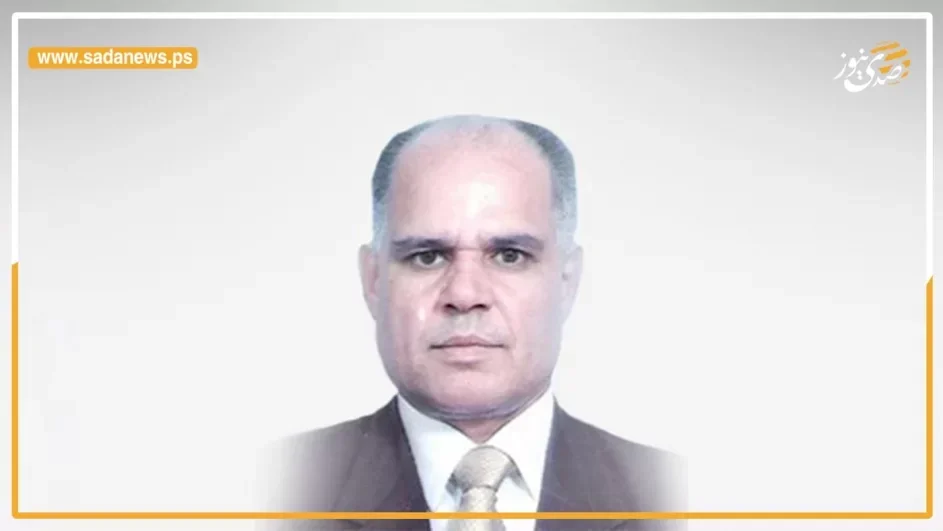
Using Hamas's Criticism to Denigrate the Palestinian People
We have criticized, and continue to criticize, Hamas and other armed factions for the way they conduct their resistance, a practice that has undermined the right and principle of resistance, which is a legitimate right for all peoples subjected to oppression. This is also linked to their external connections and what their onslaught has caused in granting Israel more justifications to carry out genocide and ethnic cleansing, which is a Zionist plan prepared before the onslaught, aimed at sabotaging the two-state solution and liquidating the Palestinian issue. We even demanded that Hamas be considered outside the law in Palestine and called for its removal from the Palestinian scene.
However, what we have noticed in recent months is an increase in the number of mercenaries from satellite channels and social media, especially from the Gulf, who generously pay those non-Palestinians whose main preoccupation is the shameless attack on Hamas. Their goal, as implied by their interventions, is to criticize the Palestinian people and their right to resist occupation, holding them responsible for everything that happens. They treat the Palestinian situation as if the war or conflict started with the emergence of Hamas in the Palestinian arena, while we have not seen these analysts during or before the war conducting programs or media activities that discuss the Palestinian issue, defend the Palestinian people, or expose the Zionist movement and Israel's aggressive practices.
It is true that Hamas, as a political Islamic group and one of the arms of the Muslim Brotherhood and Iran, has caused the Palestinian division and the suffering of the people of Gaza. However, these political and strategic analysts do not address the reasons for the decline of the Palestinian issue prior to the Hamas flood, nor why Arab countries normalized relations with the enemy before the establishment of the State of Palestine, even while the enemy was practicing settlement and killing in the West Bank, desecrating holy sites, and repeatedly attacking the Gaza Strip before the last war. Why did we not hear their voices during the recent wave of normalization under Trump when he announced the transfer of the Washington embassy to Jerusalem, thereby confirming it as the capital of Israel? They also ignore the role of Arab regimes in the loss of Palestine, whether during the Nakba of 1948 or the Naksa of 1967.
Yes, we have criticized Hamas and called for its exit from the scene, but our core problem lies with the occupation and all the countries that support it, especially Washington, which bears full responsibility for the suffering of the Palestinian people, with some level of responsibility for Arab and Islamic countries, particularly those normalizing relations with Israel, which stood idle for two years while the Palestinian people were being massacred and starved in the Gaza Strip.
Today or tomorrow, Hamas as a resistance movement will fade away, and then we will see what the Arab and Islamic regimes will do and what the mercenaries of globalization and modernity who speak Arabic, without having any Arab identity, will say. You will see how they will blame the Palestinian people and armed resistance movements for everything that has happened to them since the Balfour Declaration until now.
Our struggle with Israel did not start with Hamas and will not end with its demise. Even if (peace) is achieved in the Gaza Strip, which is desired and necessary but still far from reach, it does not mean the end of the war and conflict, which can only be resolved through the establishment of an independent Palestinian state with Jerusalem as its capital.

Netanyahu and the Second Phase: Between Halting Progress and the Test of the Palestinian R...

Ukraine in European Calculations: Managing the Conflict Rather Than Engaging in It

Is There Any Point in the Continued Existence of the Palestinian Authority?!

There Is More to Do Than Push the Palestinian People to Suicide

Does the Peace Council Align with Palestinian Legitimacy?

The Israeli Killer and the Authority of Obedience and Compliance

The Importance of Governance in Financial Institutions: The Palestinian Islamic Bank as a...

